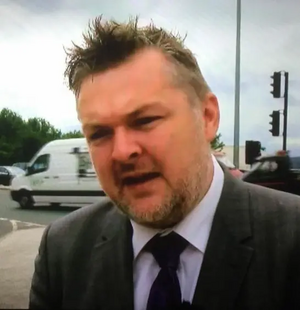"Charter cities" - grounds for trepidation about the more extreme implications of next Tory leader's agenda

There is growing speculation about the possibility of the new Conservative Prime Minister adopting what are euphemistically known as low tax high growth approaches to the economy. Whilst low taxes and high economic growth may be preferable to the alternative, there are grounds for trepidation about the more extreme implications of this agenda.
The concept of "Charter Cities", which involve giving over the governance of entire cities or regions deemed to be "failing" to wealthy investment consortia to run a social and economic experiment of low taxation and a "small state" level of public services, may appeal to those who aspire to Singapore or Dubai style economic booms. But it would be likely to be accompanied by a massive erosion of employment rights and environmental protections, and public services stripped to a bare minimum.
This may not be just dystopian fiction if Liz Truss becomes PM and appoints the likes of Jacob Rees Mogg and John Redwood to her Cabinet. The Conservative Government's enthusiasm for low-tax low-regulation Freeports may be the thin end of the wedge.
Enthusiasm on the part of those close to the Conservative leadership hopefuls for "Charter Cities" should be particularly carefully scrutinised in Newcastle. There has already been talk of aspirations for major Saudi investment in the city from business interests with connections to both the Kingdom and the Conservative Party.
It is prudent for the city council to engage with major investors in the interests of the city's success. It may be equally prudent for the city council, and anyone wary about what a turbo-charged low tax high growth economy might mean in practice, to be vigilant against attempts to create a Charter City by stealth.
Cllr Greg Stone (Lib Dem) : Opposition spokesman for business, Newcastle City Council
